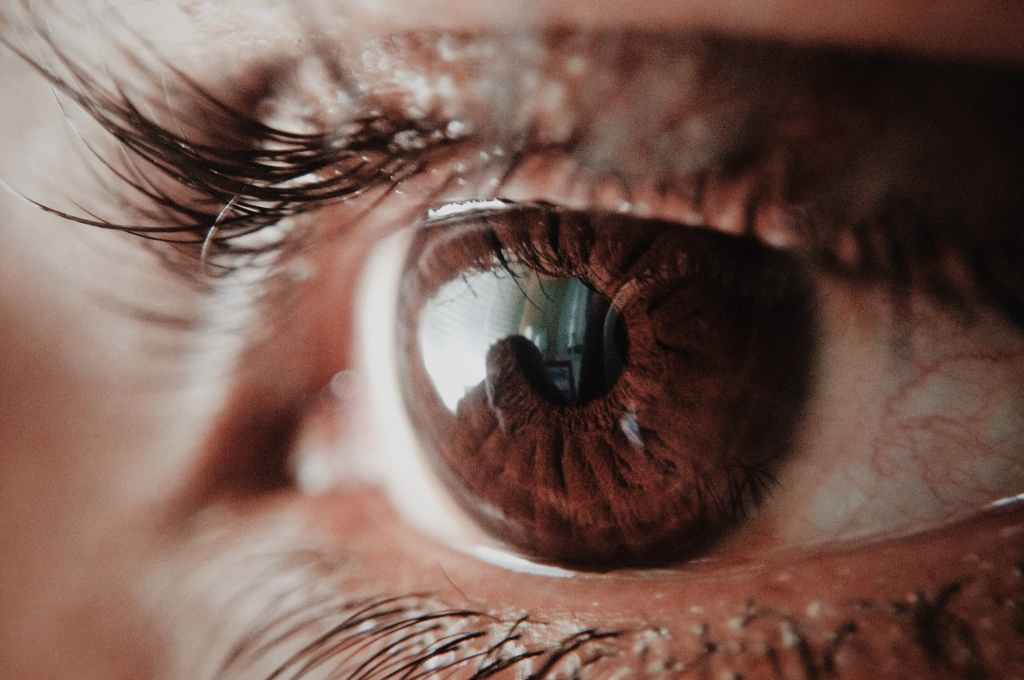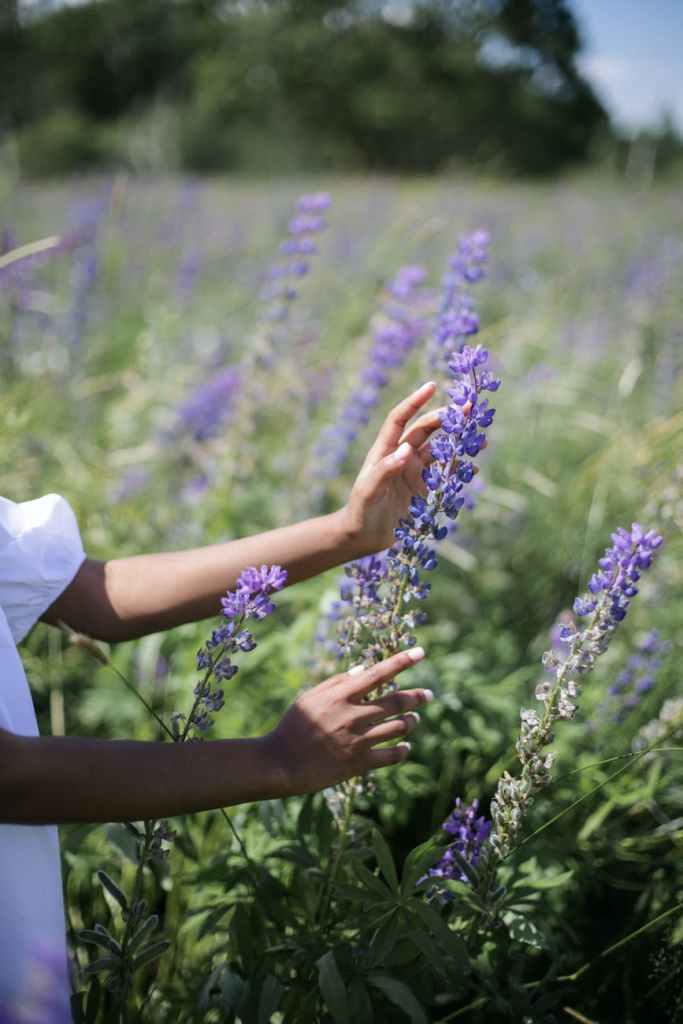
Some images evoke the senses without any effort, for me it is logs. Look at all that rich colour, the moss, the darkness of the wet wood compared to the dry wood, see the reds, browns and blacks in the bark and the yellows, oranges and shades of brown in the trunk. What do these colours resemble?

Now imagine what the wood smells like, the just cut smell, the dry wood before it is thrown on the fire, or the wet wood that has been frosted over. Can you taste the smell of the wood on your tongue? What are each of those smells like?

Imagine the noise of the tree being sawn down, or the axe splitting the logs into small pieces. Imagine the sound of the wood being bundled together and then thrown on the fire. What does it sound like?

Finally, what does the wood feel like? Imagine it in its natural form, a tall tree, rooted deep into the earth. Think of the birds and the animals scurrying through its branches, the leaves and buds, fruit and nuts, that it produces each year. Imagine all the insects living in its bark, on the leaves, amongst the roots. Now imagine your fingers on that bark, the roughness, the damp and the moss, the knots and the sap. Now think of the log, the weight of it in your hand, the lines and the grooves of the split trunk, the softness and the hardness, the jaggy and the smooth. What does the log feel like?

As a writer, we rely on the senses to help us to describe an object, a place or a person or an emotion. Transfering your own experience of the senses into language isn’t always as easy as you would think, after all, you might normally use the most beautiful, poetic sentences that drip of your tongue like nectar, but if the reader cannot see it in their own minds eye, the detail will be lost on them, and it might be the most important detail in your work.
Let me give you an example:
I beleive a good way for writers to develope their craft is by allowing themselves the gift of presence and curiosity when researching, or, when looking for inspiration. Remember when you were a child and experienced something or somewhere new? If we allow ourselves to look at the world through the eyes of a child again, with curiosity and without judgement, and then apply all of those wonderful senses available to us, we might widen our knowledge. Then, if we try to describe that experience, with all the fancy, exciting adult words and techniques that we have learned, but with absolute clarity and precision, perhaps we will deliver a win.

In the novel that I’m currently writing, my character is watching Swift’s flying through the air. I described them as being like fighter jets ducking and diving and tearing the twilight into scraps. Now, I personally love that sentence, it fills my heart up with joy because that is what I imagined when I experienced something similar myself. However, the latter part of the sentence doesn’t make sense. The similie of the swifts being like fighter jets is something that can be imagined, but tearing the twilight into scraps doesn’t work, if you can’t see it in your mind’s eye, drop it.

So why not give it a go? You might even do this as part of a mindful walking excersise, or, to really focus on something, someone or somewhere, do it with intention. Take three long deep breaths and allow yourself to arrive into the present moment. Take time to feel your surroundings, the air on your skin, the temperature of the air, is it wet or dry? Then feel you body making contact with the earth, or your hands on the wheels. Check to see if you are holding any tension in your body, and relax. Now it is time to go forth into your present moment, with curiosity and without judgement.
Happy writing folks.
